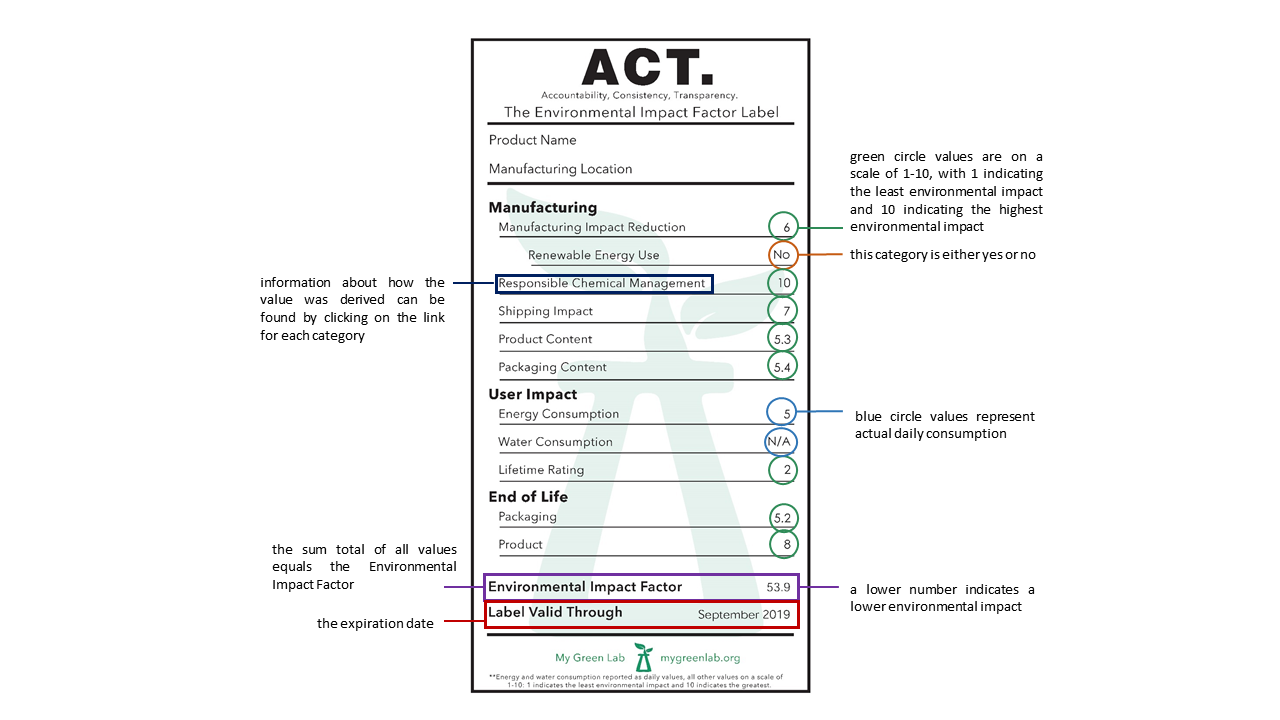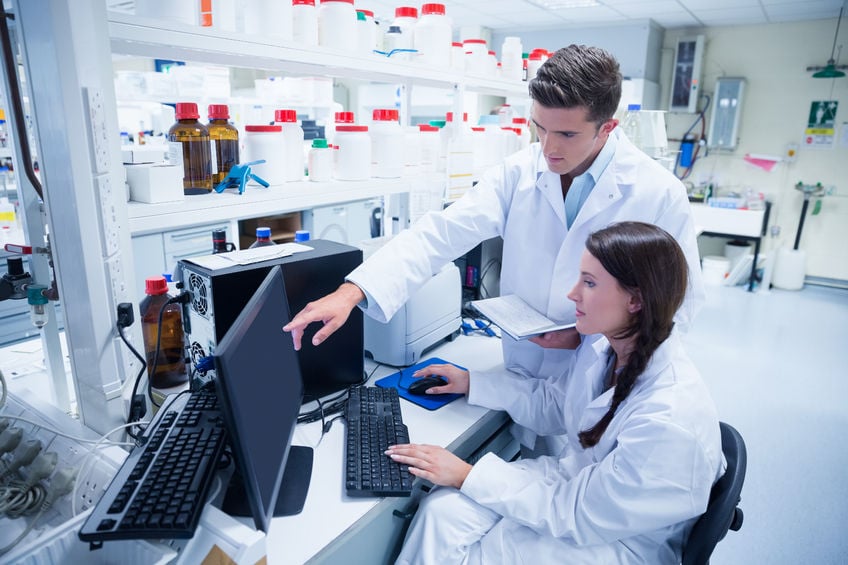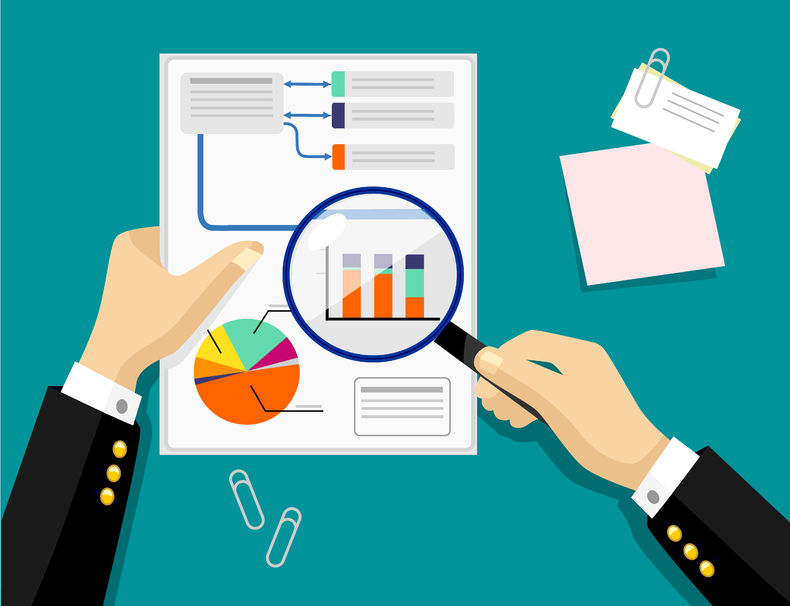As anyone who has ever worked in a lab knows, scientific research requires significant resources. From energy-intensive equipment to boxes of nitrile gloves, the environmental impact of a single laboratory can be enormous… and there are a lot of labs. In California alone, nearly as much space is dedicated to laboratories as it is to restaurants.
Buildings with laboratories often consume five times more energy than standard office buildings and use millions of gallons of water per year. In 2014 alone, it was estimated that labs discarded over 12 billion pounds of plastic—which doesn't even include gloves, packaging, and hazardous waste. But it doesn’t have to be like this. One organization, My Green Lab, is working to reduce the environmental impact of laboratories by making it easy for scientists to make smart, sustainable choices.
As a non-profit focused on sustainability in laboratories, My Green Lab regularly provides support for labs looking for sustainable product recommendations. As one scientist observed, ‘I can turn off my lights and recycle, but how do I know which pipette tips to buy?’
We know that labs can significantly reduce their environmental impact through smarter purchasing, but how do we know what constitutes a smarter purchase? To answer this question, My Green Lab has created an eco-label that provides transparent, independently-verified data about the sustainable attributes of laboratory products. It’s called ACT, and it stands for accountability, consistency, and transparency.

The ACT label can be thought of as an eco-nutrition label. Reading the ACT label is simple: the lower the score, the lower the impact on the environment. Most categories are rated on a scale of 1-10.
And like a nutrition label, products can be compared on the basis of a single category, such as energy consumption, or on their total score, known as the Environmental Impact Factor. If you’re curious about where the numbers come from, simply click on any of the categories to learn more.
There are over 100 ACT-labeled products on My Green Lab with more are being added every day. If you don’t see the ACT label for a product you’re interested in, ask for it. Tell your sales reps that you want to know the impact of the products you’re purchasing.
Through waste reduction alone, the ACT label has the potential to reduce carbon emissions by 100 million mtCO2e per year, which is the equivalent of fully offsetting the emissions of 5 million Americans. By making conscious choices about the products you use in the lab, you have the opportunity to positively impact the world not only through your findings, but also through your actions.
For more information about My Green Lab, please visit their website. My Green Lab is 501c3 non-profit dedicated to building a culture of sustainability through science.
Share this:
Tags: advice, purchasing, consumables
-7631.jpg)
Allison Paradise
Allison Paradise is the CEO and founder of My Green Lab. Under her leadership, My Green Lab has established itself as a pioneer in laboratory sustainability. The organization developed the first nationally recognized standard for laboratory operations, established the first ENERGY STAR category for laboratory equipment, and recently released the first eco-label for laboratory products. Allison regularly speaks at industry meetings and scientific conferences on laboratory sustainability. She holds degrees in neuroscience from Brown and Harvard.



